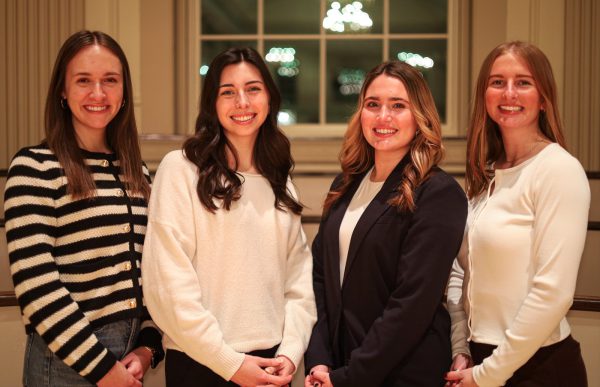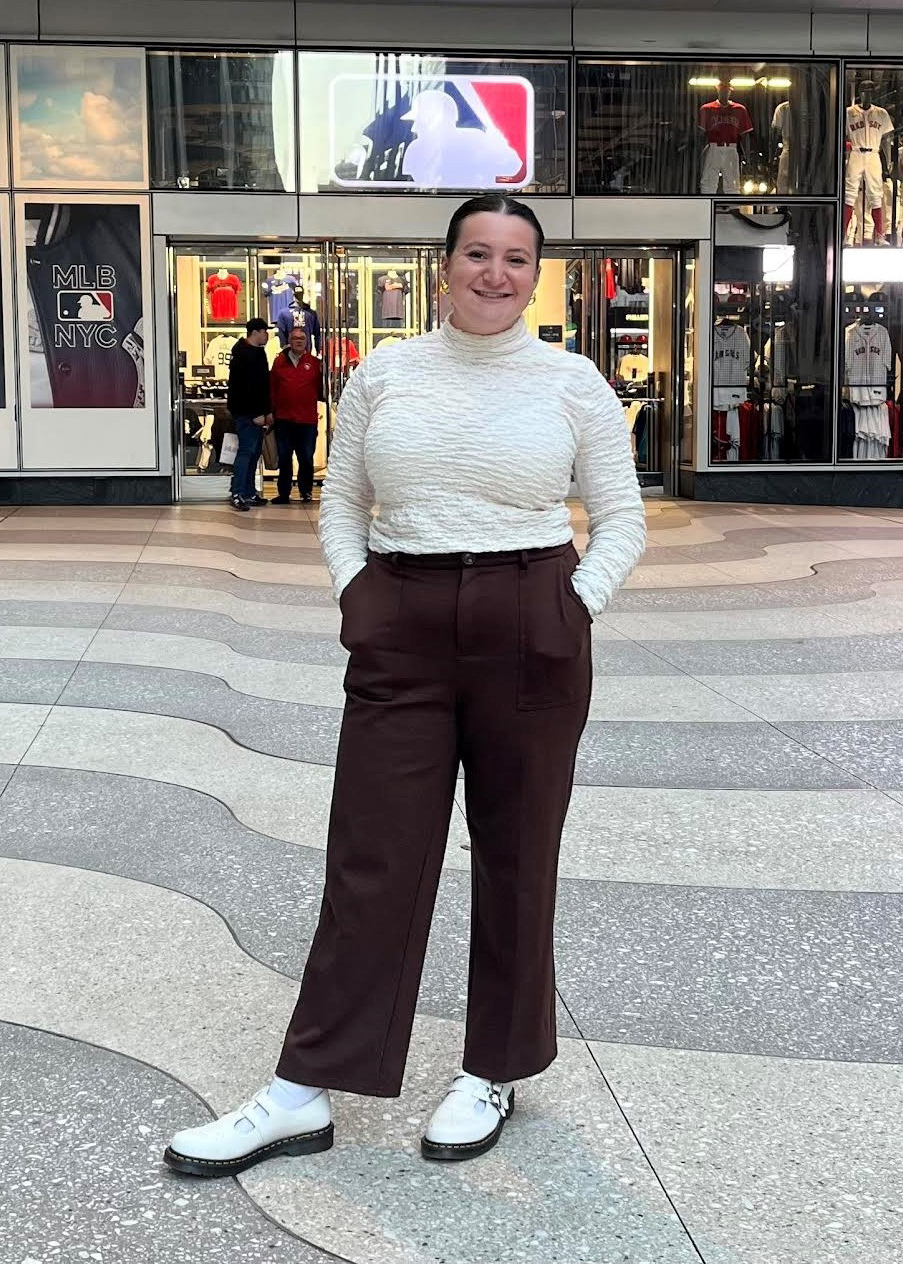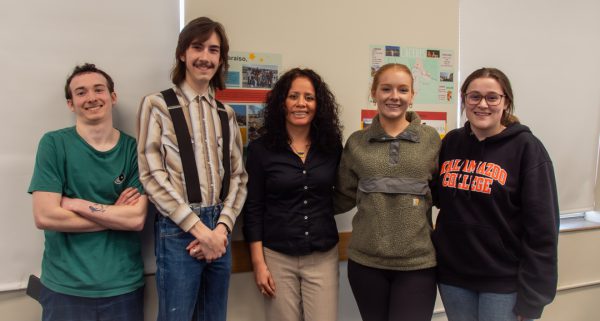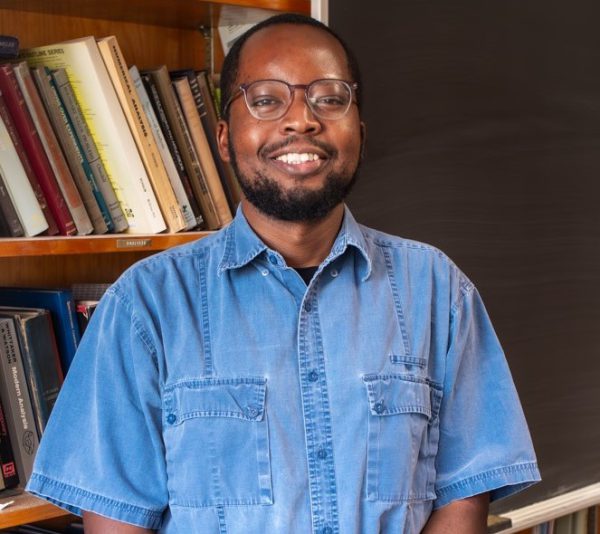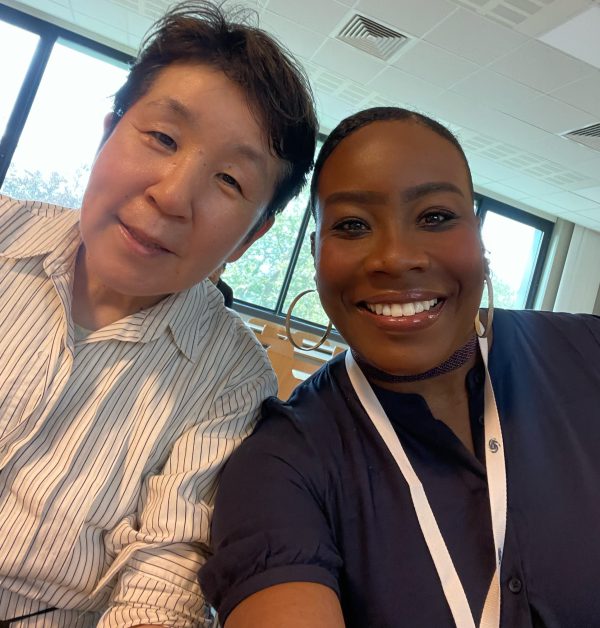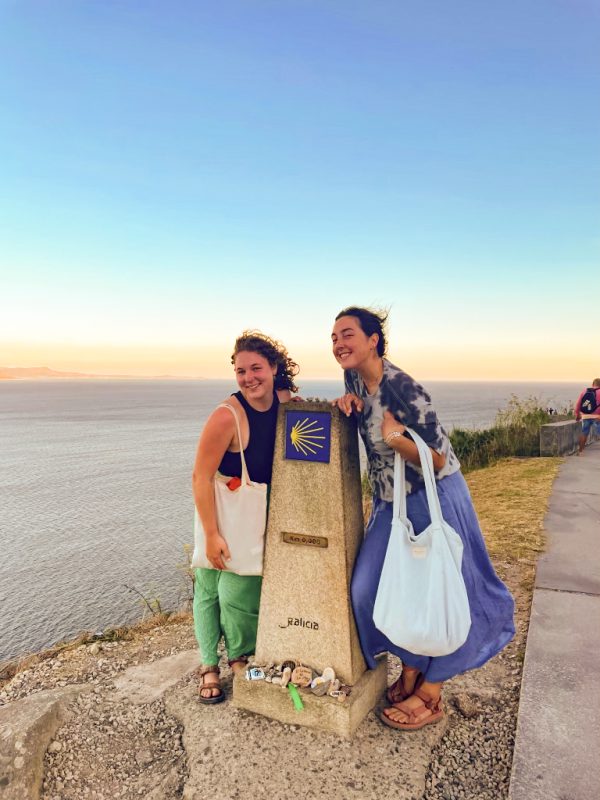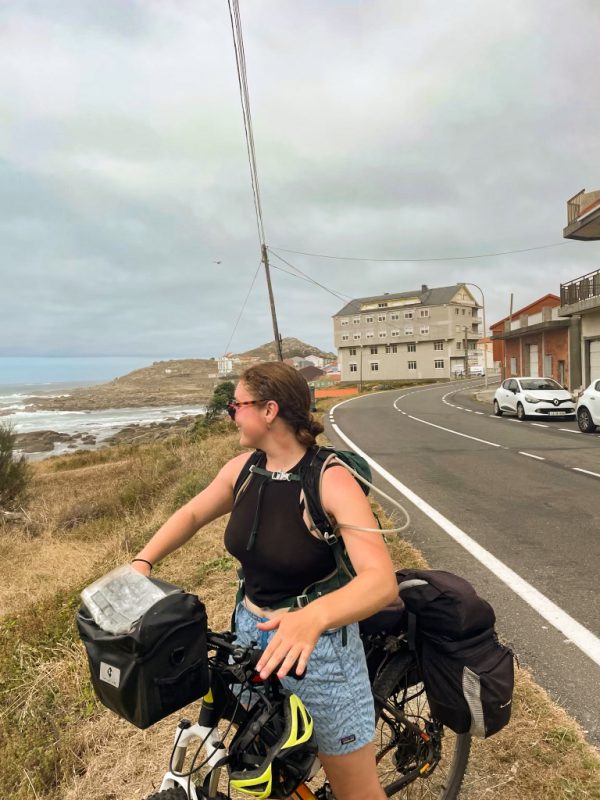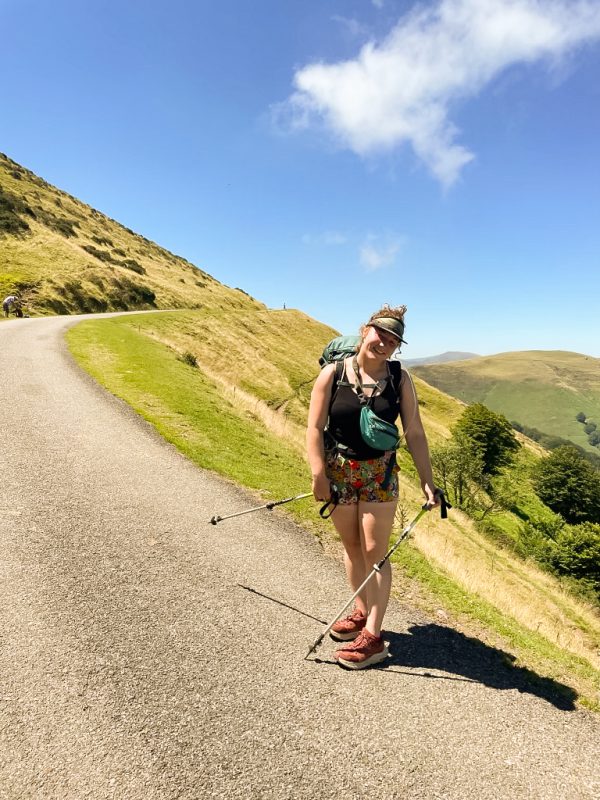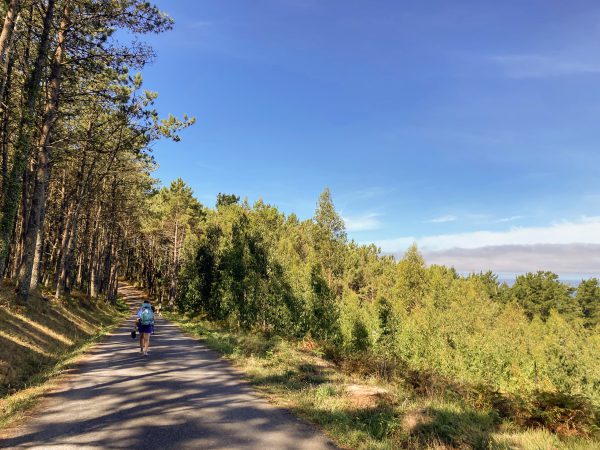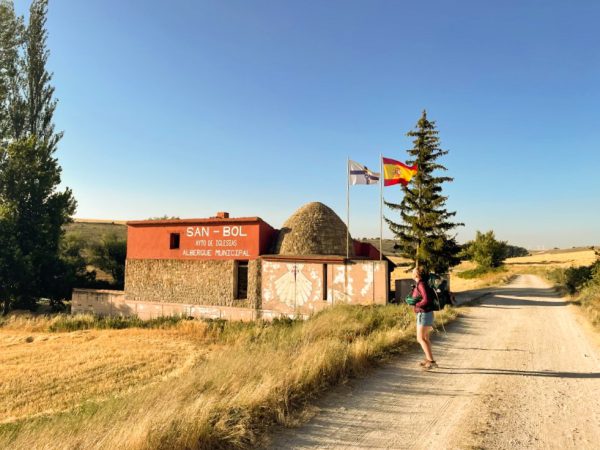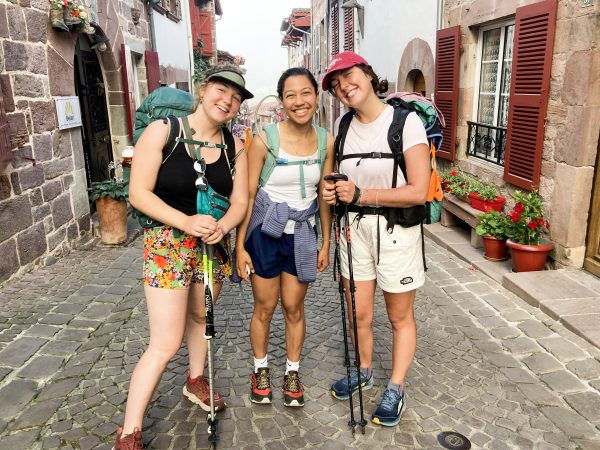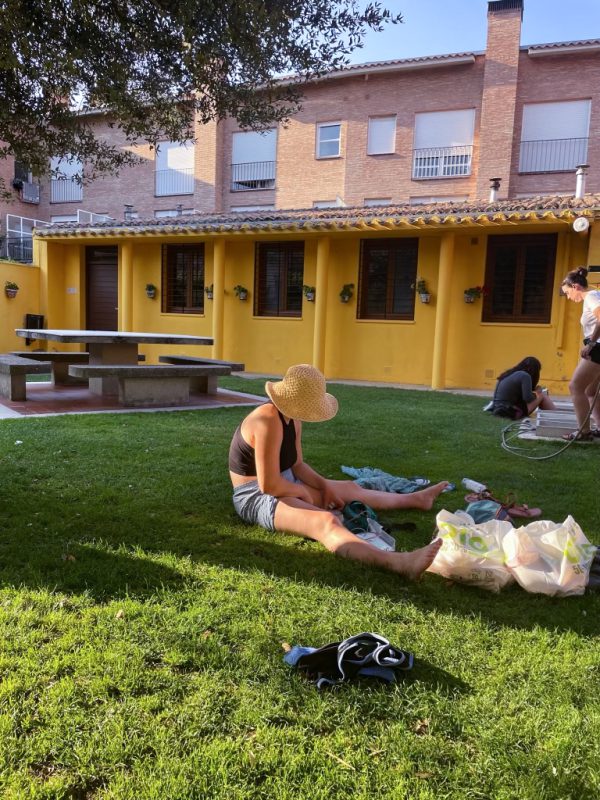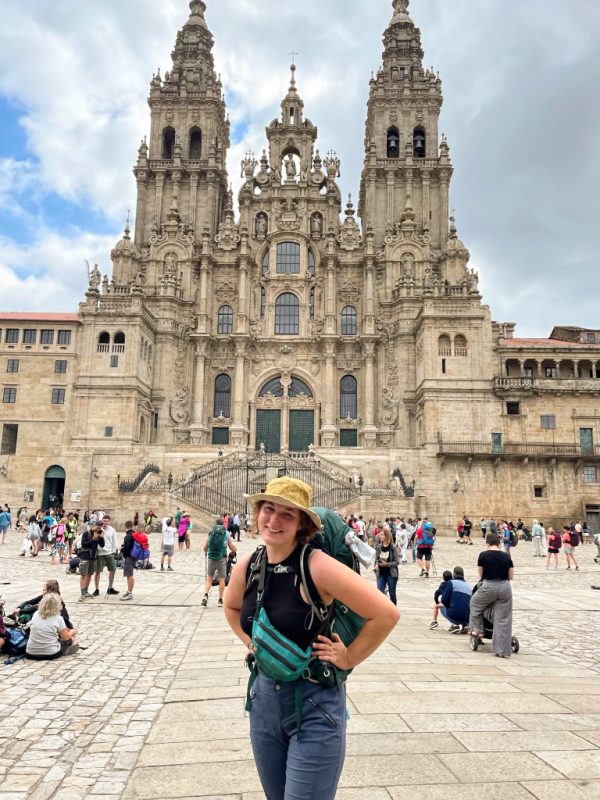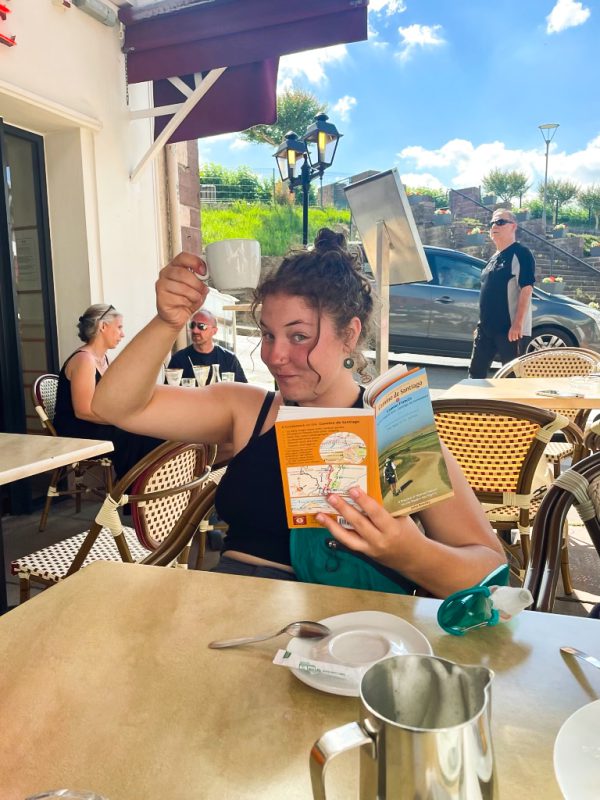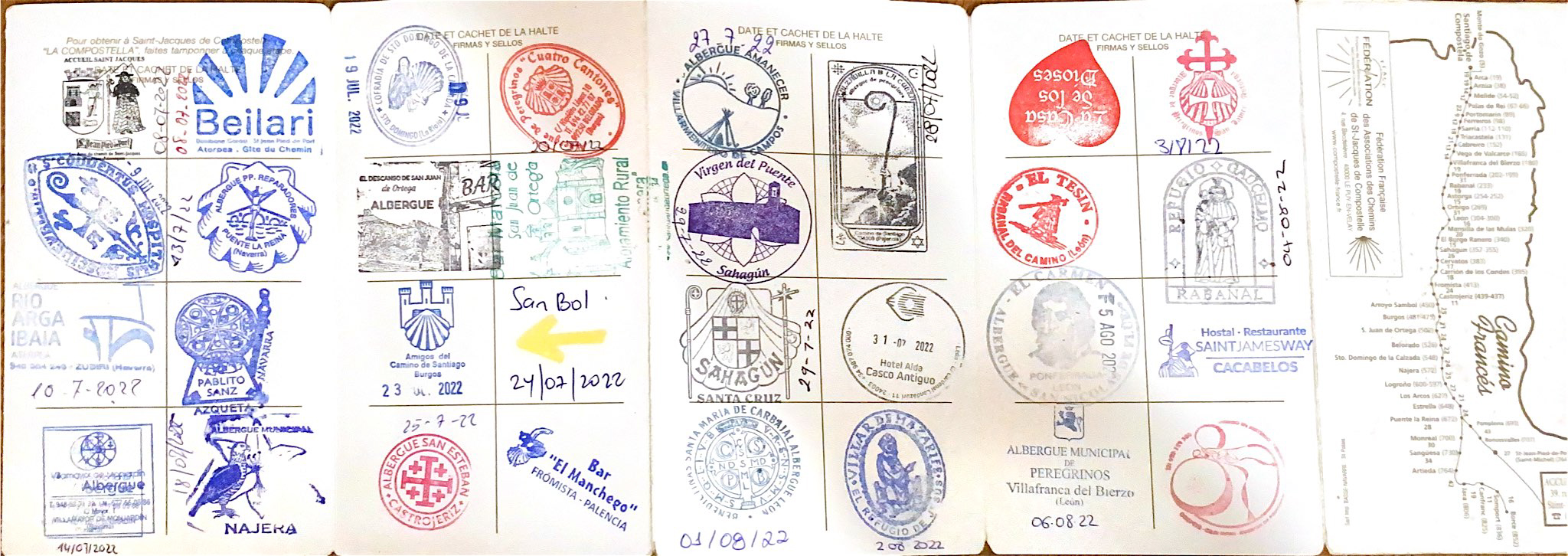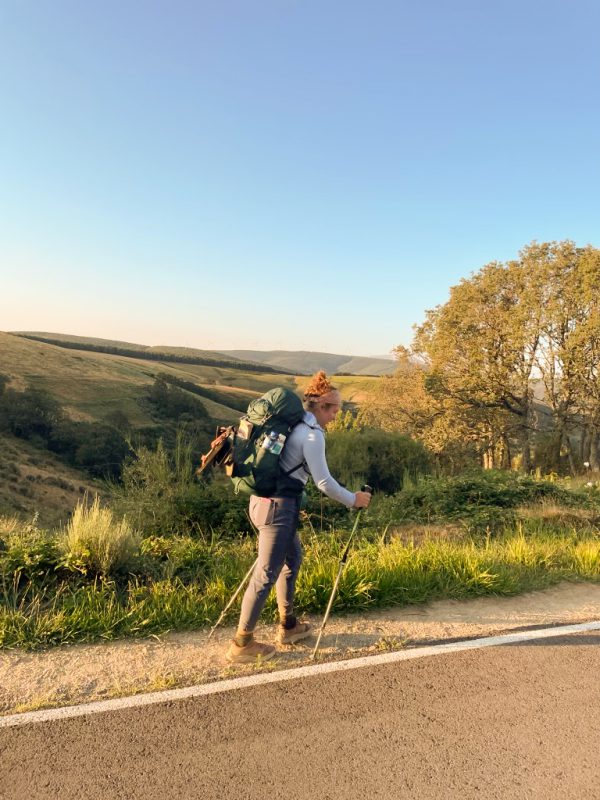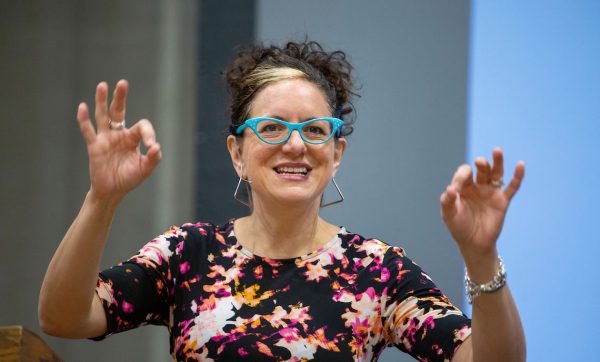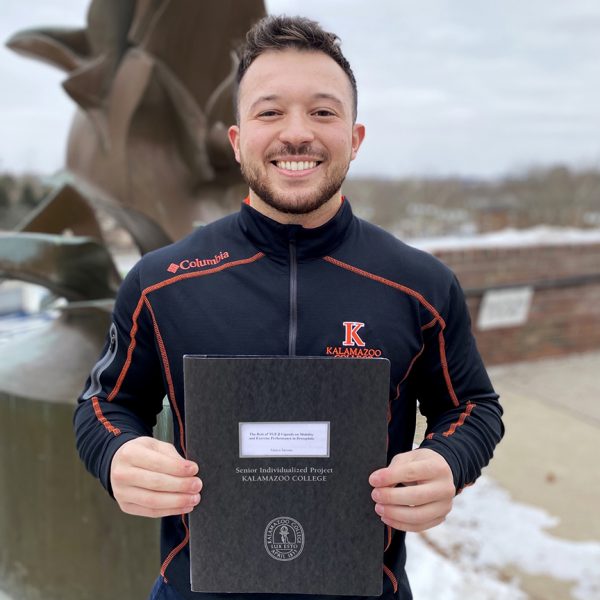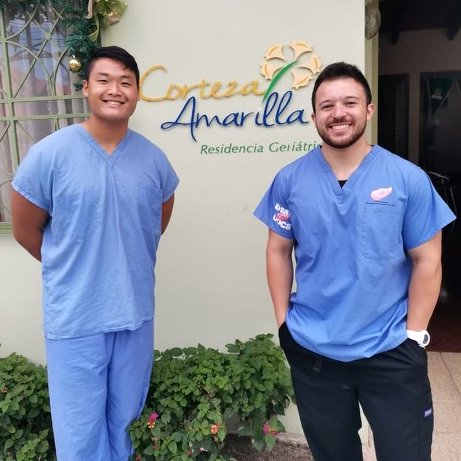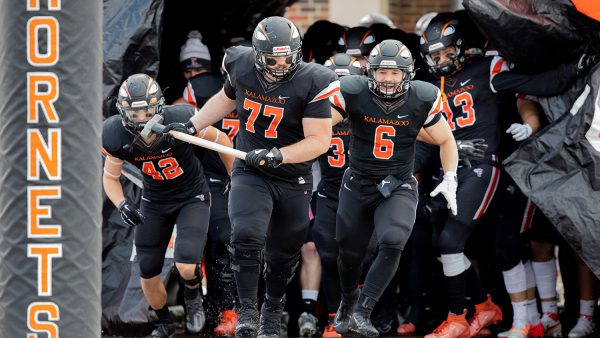When Margarita Costero Campos joined the Department of Romance Languages at Kalamazoo College in 1988, she was part of the Spanish program’s growth from one professor to three. Since then, Spanish has become its own department and expanded to eight combined full-time and part-time faculty members.
Recently, 28 sophomores signed up as Spanish majors at Declaration of Major Day. More than 975 Kalamazoo College students have studied in Spain, Mexico, Chile and Costa Rica since 2012.
Engagement with Spanish language and cultures is clearly strong, and a new fund in honor of Campos supports students who carry that torch forward.
Campos taught at K from 1988 to 1997 and passed away in May 2024 at 92 years old. Her family, including her widower, Dr. José Luis Campos; six children; and 13 grandchildren established the Margarita Costero Campos Student Travel Award in November 2024. The fund will assist academically dedicated students with travel to Spanish-speaking countries for purposes including research, conference presentations, internships and study abroad, with preference given to students who major or minor in Spanish.
The fund is an apt legacy for Campos. Born in Madrid, Spain, she was forced into exile—first in France, then in Mexico City—with her family when the Spanish Civil War broke out in 1936. Campos excelled as a student in Mexico City, particularly in language and literature. She studied for several years at the University of Texas, with a summer stint in Oxford that remained one of her fondest memories, said her son Isaac Campos.
“She loved teaching at Kalamazoo College,” he said. “It had been her lifelong dream to be a professor at a college or university, and when she achieved her position at K, she cherished it. She also believed that study abroad was perhaps the most important experience a student could have. While she was self-effacing to a fault, we know she would be thrilled to know that, long after her death, K students would continue to learn Spanish and study abroad with her support.”
Enid Valle, a professor of Spanish at Kalamazoo College, joined the faculty at K in 1989, a year after Campos.
“Margarita was teaching all the very advanced language classes,” Valle said. “Margarita was our expert in grammar, and she was passionate about it. She was delighted always to explain things, to figure things out, and she would give you every nuance possible.”
A learned and extremely well-read person, Campos spoke French and knew Latin and classical Greek in addition to Spanish and English. She actively participated in groups and programs across campus, such as the former Center for European Studies, and was involved in the establishment of one-year teaching assistantships for international students at K. In addition to excelling at evaluating and selecting texts for courses, she built strong relationships with colleagues and students.
“She was attentive to students’ needs and had a keen eye for students’ individual skill levels,” Valle said. “She was highly regarded among the students and very much liked.”
Ivett López Malagamba, associate professor of Spanish and chair of the Department of Spanish Language and Literatures, came to K in 2017, the year Spanish became its own department. Although Campos was long retired by then, she remained connected to K.
“Even though I never worked with her, I benefitted from her intellectual curiosity and lifelong learning,” López Malagamba said. The two met through a reading group with another colleague, and Campos once read and offered comments on an article that López Malagamba eventually published. Campos continued to serve as a resource for the whole department.
“Margarita and I became good friends throughout the years,” Valle said. “I kept consulting her, and so did other colleagues, after she retired. I remember one evening being stuck with some kind of grammar question, and I called her. It was that kind of a friendship, and she had that kind of expertise.”
After retirement, Campos would periodically return to speak to the Spanish 203 course whenever they would read the poem “Explico algunas cosas” by Chilean poet Pablo Neruda. The poem mentions a particular house in Madrid, in which Campos lived as a child.
Donate to the Margarita Costero Campos Student Travel Award
To honor Margarita Campos’ legacy and support K students who want to further their studies with travel to a Spanish-speaking country, please make a gift online to the Margarita Costero Campos Student Travel Award (under “I’d like to support,” select “Other” and type Campos Student Travel Award in the designation box) or contact Lindsay O’Donohue at 269.337.7299 or lindsay.odonohue@kzoo.edu.


“She was so passionate about the Spanish language, and she could explain to you absolutely anything and everything,” Valle said. “We all miss her greatly.”
“Our mother was an extraordinarily hardworking and ethical person,” Isaac Campos said. “She was also totally dedicated to teaching and her students. She was the epitome of a great educator. We knew she would want to prioritize study abroad, student need and academic excellence, and so we worked with K to structure the award that way.”
The Spanish department worked with the Campos family to ensure that structure responds to or reflects the changing complexities of travel abroad.
“How do we support, and provide access for, students to complete intellectual projects that require travel or research abroad?” López Malagamba said. “We want this fund to benefit as many students as possible.”
Students who travel to Spanish-speaking countries aren’t only learning Spanish. They are studying film, economics, health systems, indigenous communities and more. They are preparing for future careers in teaching, law, chemistry, politics and more.
“Indeed, we’re educating them on language and political, social and economic issues of the Spanish-speaking world,” López Malagamba said. “Ultimately, for us in the Spanish department, intercultural experiences play a significant role in fostering ethical considerations and assessments. Our goal is for students to ponder questions such as: How do you adapt your values to the values of other cultures? How is your experience in connection with the Spanish-speaking culture shaping your values and your objectives in your personal or professional future?”
While abroad, whether studying or doing research, some students are able to make academic, philosophical and business connections that may lead to a job or a new career path after K.
“This is only our eighth year as a department, but we have very active students when it comes to engaging with the world beyond our Kalamazoo community,” López Malagamba said. “To be able to support them with this fund is very exciting.”
The fund will start providing financial support for travel to Spanish-speaking countries next academic year.
“We’re hoping that friends, former students, colleagues and anyone who believes in the importance of language education and study abroad will contribute whatever they can to grow the award for the benefit of generations of K students,” Isaac Campos said. “Our mother would’ve been so pleased to know that a certain former student, or colleague, or friend in the community helped to make this an especially meaningful gift to deserving students far into the future.”

